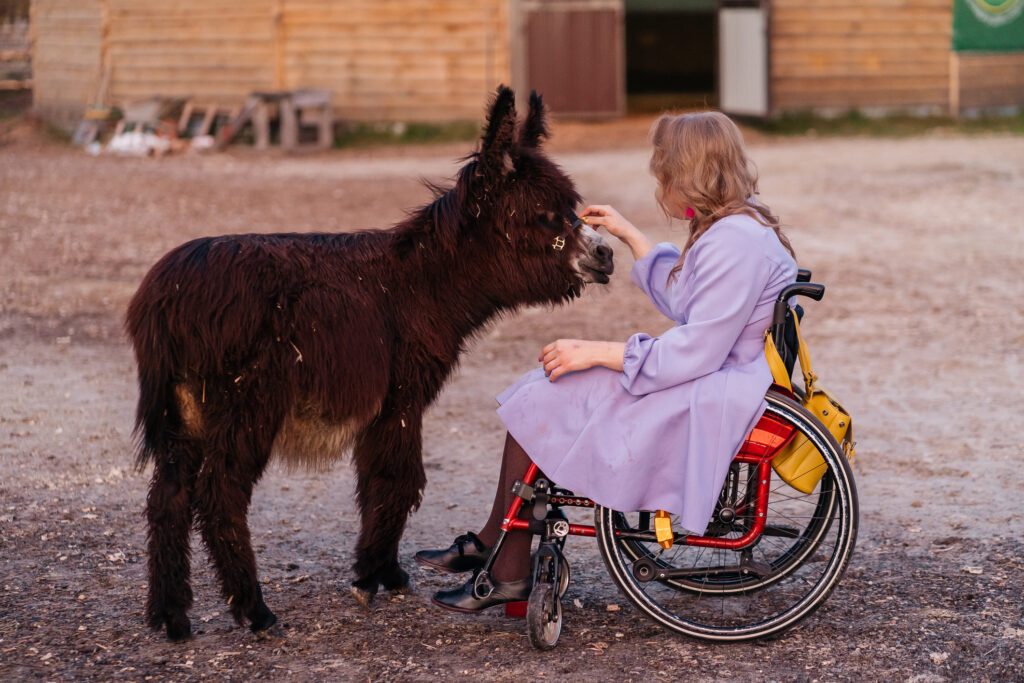
The Remarkable Benefits of Animal-Assisted Therapy
This post on Animal-Assisted Therapy is written by the Counseling & Assessments Staff
In a world where stress and anxiety are increasingly prevalent, the search for effective therapeutic approaches is leading many to the paws and hooves of our furry and feathered friends. Animal-assisted therapy (AAT) is emerging as a powerful ally in the realm of mental health. AAT offers a unique and comforting approach to emotional well-being.
Below are seven benefits of animal-assisted therapy on mental health:
Emotional Support Unleashed
Engaging with animals in therapy provides a unique form of emotional support. The unconditional love and non-judgmental companionship they offer creates a safe space for individuals. This safe space allows individuals to express themselves freely without fear of criticism.
Stress Reduction Tailored for You
The simple act of petting an animal will lower cortisol levels, reduce stress and promotes a sense of calm. Animal-assisted therapy is a natural stress-reliever. This contributes to a more relaxed and centered mental state.
Oxytocin Boost
Interactions with animals trigger the release of oxytocin, often referred to as the “love hormone.” This neurochemical is associated with bonding, social connection, and feelings of happiness. This plays a crucial role in alleviating symptoms of anxiety and depression.
Social Ice-Breaker

Animals serve as excellent social catalysts. In a therapy setting, animals can help break down social barriers, making it easier for individuals to connect with therapists and fellow participants. As a result, this is particularly beneficial for those struggling with social anxiety.
Mindfulness in Motion
Working with animals will encourage mindfulness, the practice of being fully present in the moment. Whether it’s grooming a horse or playing with a therapy dog, these activities will promote a focus on the present, diverting attention away from anxious thoughts about the past or future.
Physical Health Companion
The physical aspect of engaging with animals—such as walking a dog or riding a horse— will contribute to improved physical health. Regular exercise will have a positive effect on mental well-being, offering a holistic approach to therapy.
Tailored Therapeutic Interventions

Lastly, animal-assisted therapy, when done correctly, is customized to meet individual needs. Different animals and activities can address specific mental health concerns, making it a versatile and adaptable form of therapy.
As we navigate the complexities of modern life, the healing power of animals stands out as a beacon of hope for those seeking relief from mental health challenges. Animal-assisted therapy transcends traditional approaches, offering a holistic and heartwarming path to emotional well-being. Embrace the paw prints of change, and let the soothing presence of our animal companions guide you toward a happier and healthier state of mind.
